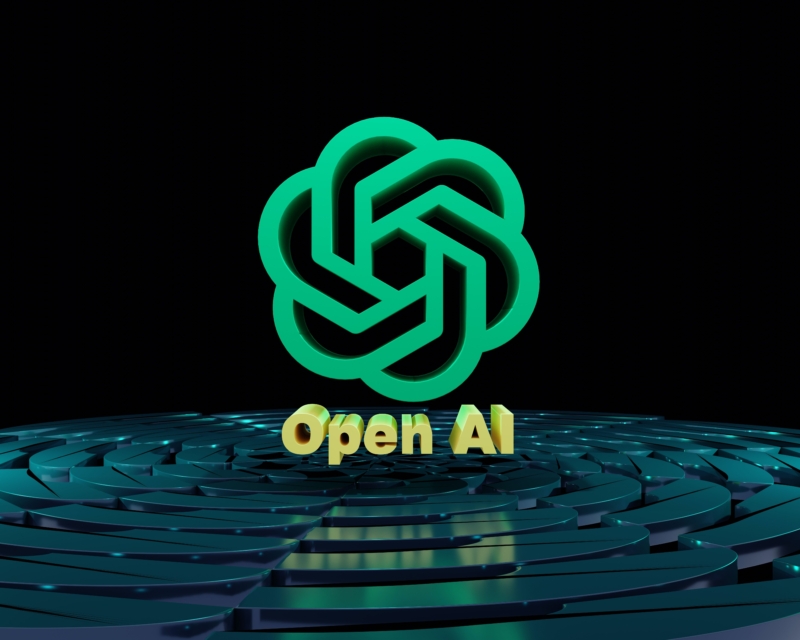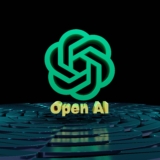OpenAI’s ChatGPT Gains Internet Browsing Abilities
OpenAI, the tech company renowned for its cutting-edge artificial intelligence (AI) innovations, has unveiled an exciting new capability for its popular AI chatbot, ChatGPT. In a recent announcement posted on X (formerly Twitter), the company revealed that ChatGPT is now equipped with the ability to browse the internet independently, providing users with real-time and reliable information along with direct links to sources.
The company explained in a thread on the platform that ChatGPT’s integration with Microsoft’s Bing search engine has effectively liberated the chatbot from its previous limitations, enabling it to access data beyond September 2021. This development represents a significant leap forward in ChatGPT’s functionality, enhancing its utility as a source of up-to-date and authoritative information.
While this groundbreaking feature is currently available exclusively to paying users, OpenAI has confirmed its intentions to extend this capability to all users in the near future. The decision to gradually roll out the feature was influenced by the lessons learned from a previous attempt to provide ChatGPT with access to the live internet, which was met with mixed results.
OpenAI’s CEO, Sam Altman, expressed his enthusiasm for this latest advancement by retweeting the company’s announcement on his own X account, proclaiming, “we are so back.”
Notably, ChatGPT had briefly offered web browsing functionality in March, but the feature was temporarily disabled after it was discovered that some users were exploiting it to bypass website paywalls. OpenAI has since addressed this issue, emphasizing that ChatGPT now respects websites’ ‘robots.txt’ code, which prevents unwanted indexing.
Questions regarding the definition of “authoritative” information have arisen among some X users. ChatGPT’s earlier rollout had generated widespread discussions about potential political biases observed in the AI’s responses, reflecting the biases of its Silicon Valley creators and posing challenges in mitigating them.
Microsoft Bing, which boasts its own formidable large language model, has been offering web browsing capabilities for several months. The AI community has witnessed its progress, with Microsoft asserting that its AI model is “more powerful than ChatGPT.”
OpenAI has been on a streak of unveiling new capabilities for ChatGPT. Recently, the company disclosed that ChatGPT would gain image analysis and audio conversation capabilities. Furthermore, OpenAI introduced an updated version of its image generation AI, Dall-E 3, incorporating language processing and conversation algorithms from ChatGPT.
In a separate development, the CIA’s Open Source Enterprise division revealed its efforts to develop a ChatGPT clone with the ability to deliver sourced information obtained from open source intelligence streams on the active internet. Unlike OpenAI’s model, the CIA’s bot will be limited to use within the 18 agencies comprising the U.S. intelligence community.
OpenAI has maintained a commitment to avoiding “high-risk” government or military contracts, but a recent $13 billion investment by Microsoft has raised concerns regarding access to OpenAI’s advanced AI tools by the tech giant and its clients in the intelligence community. These developments underscore the evolving landscape of AI technology and its implications in various sectors.






